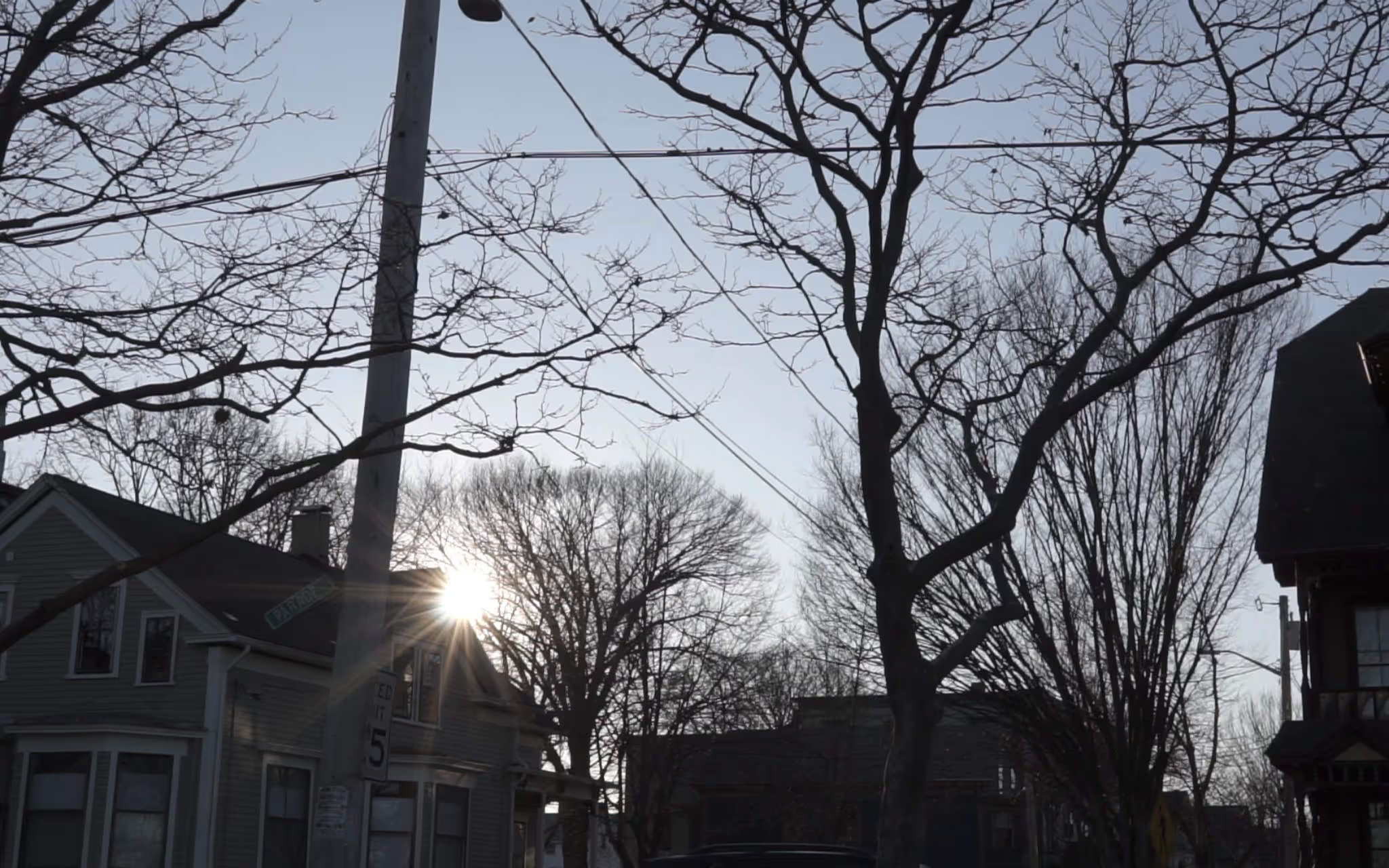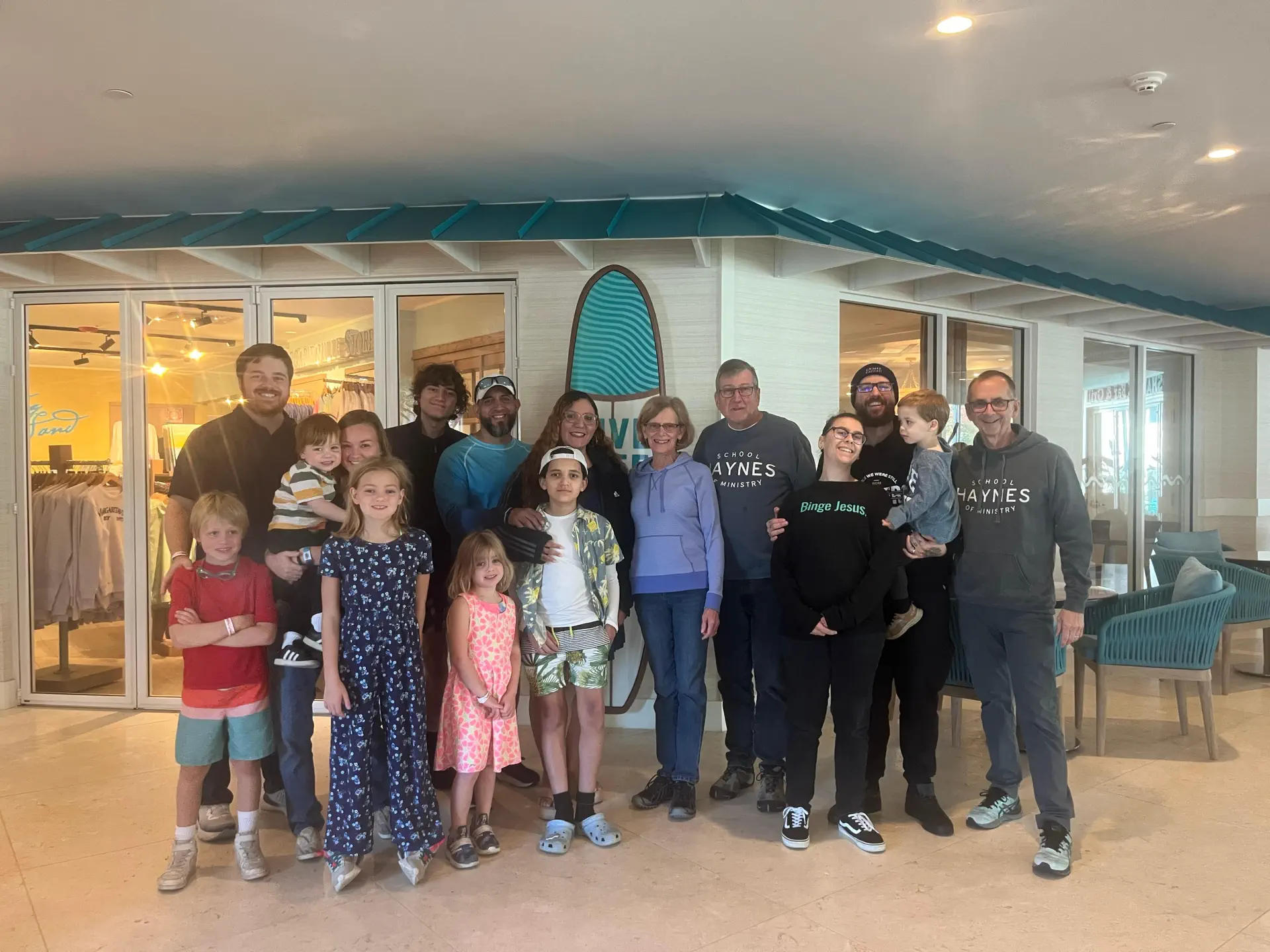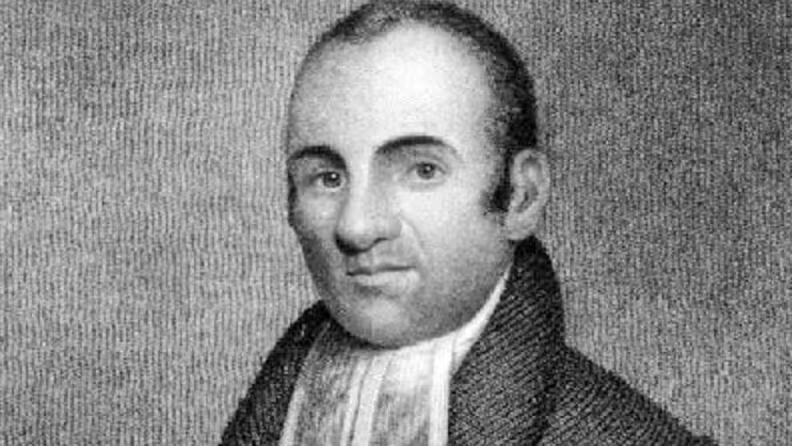2019 census data for Providence, RI says the poverty rate in the city is 22%. That may sound low, but consider that this statistic is for the whole city averaged together. In the neighborhood surrounding the NEU office (and in most urban poor communities), the poverty rate is between 45% and 50%. That means a family of four makes less than $24,860 a year. But the dollars are not the only problem, or even the main problem. Poverty generates a complex web of related brokenness, and often leads to a downward spiral of suffering.
Let’s unpack five aspects of poverty that go beyond dollar amounts.
- Lack of a voice. Those living in urban poverty find themselves the object of “mercy.” But in most cases the neighborhood locals have little say in the social programs created for them. Government and NGO leaders may be altruistic, yet lack understanding of life on the ground in an urban poor neighborhood, and assume that locals can’t help themselves. “For locals who wish to engage, it leads to a sense that privileged people with little insight into their concerns are being parachuted in to superimpose their values on everyone” (Darren McGarvey, Poverty Safari, 79).
- Anger. Being invisible and unheard often leads to anger. Continually feeling patronized feeds into a sense of claustrophobia and oppression, which feeds into outbursts of anger. For families living in generational poverty, anger becomes a normal and unchecked response to nearly any slight. This circles back to being voiceless, because if you habitually rage at middle class authority figures, you are marginalized—considered not worth listening to.
- Lack of continuity. At $2,000/month income, it’s hard to pay the bills. So your phone may not be the latest, greatest phone. In fact, it may be a burner. Which means your number may change three or four times in a year. So might your address, due to job changes, family circumstances, or evictions. Consequently, you have little sense of home base. And you are hard to find. Teachers, employers, social service workers, pastors will have a hard time getting in touch with you. Eventually, they give up. This perpetuates a cycle of lifelong instability and discontinuity.
- Shame. For the poor, this theme is gut-wrenching but common: “For a poor person everything is terrible—illness, humiliation, shame. We are cripples; we are afraid of everything; we depend on everyone. No one needs us. We are like garbage that everyone wants to get rid of.” (Corbett, Steve; Fikkert, Brian. When Helping Hurts (p. 50). Moody Publishers. Kindle Edition.)
- Mental Health problems. Rich and poor experience mental health problems. But when the trauma of poverty settles deeply in the heart for years, decades and generations, mental health problems become entrenched. Drugs and alcohol are used to cope. Simultaneously, a good doctor with long-term care is nearly impossible to obtain. And so a breakdown, or series of breakdowns, in mental health exacerbates the other problems in this complex of downwardly spiraling collapse.
The power of the cross and the wisdom of the Word are the only hope for such complex problems. Christ came to release the death grip of sin on the world. He gave us a glimpse, through his teaching and miracles, what a kingdom led by Christ rather than Satan looks like. The local church is an embassy of that kingdom, an outpost of blessing and not curse. This is a kingdom led by a loving, compassionate, wise, and powerful king.
This is what poverty looks like. And this is why these communities need gospel churches.





